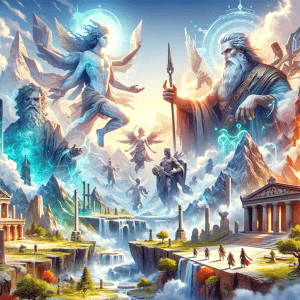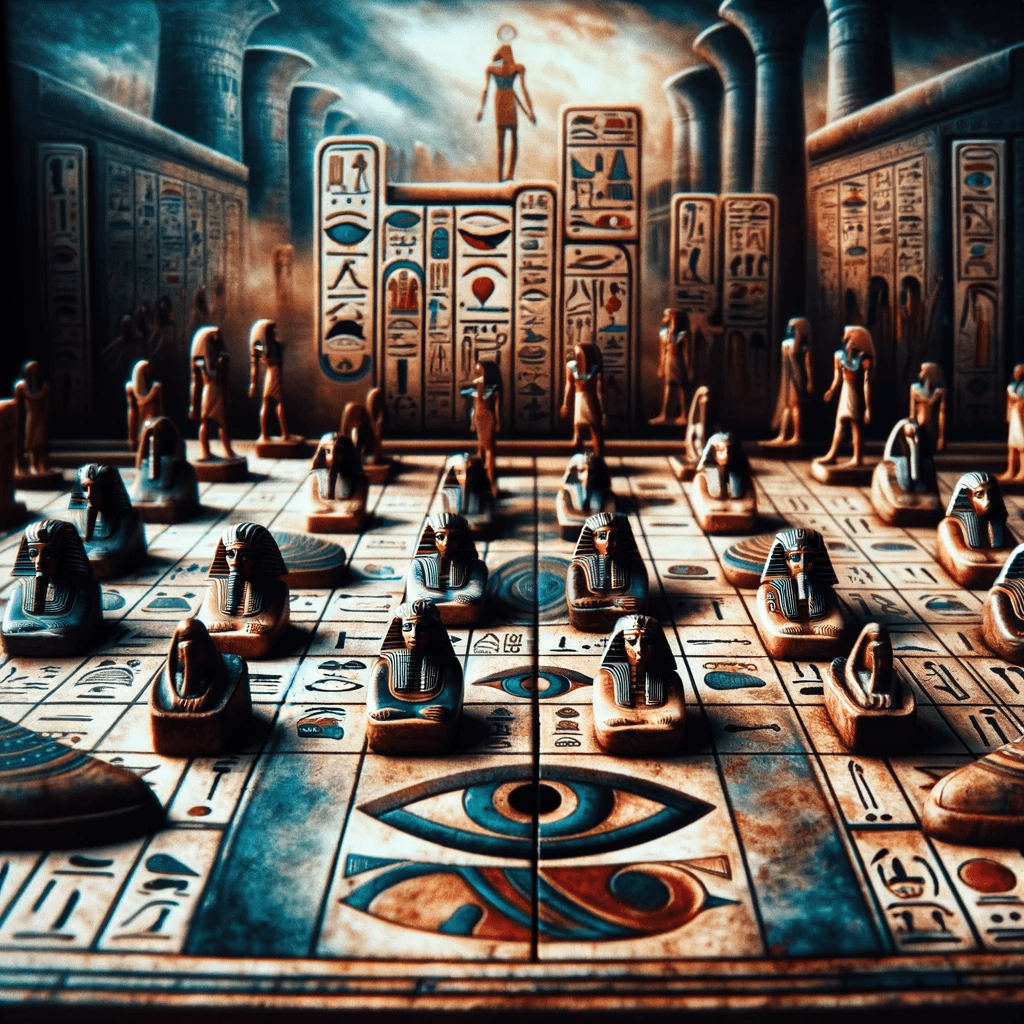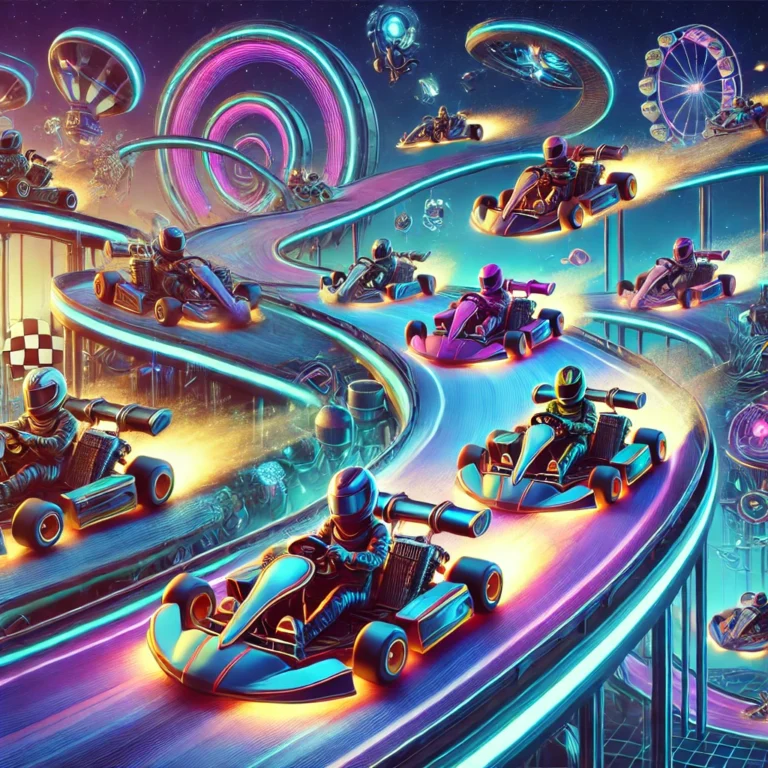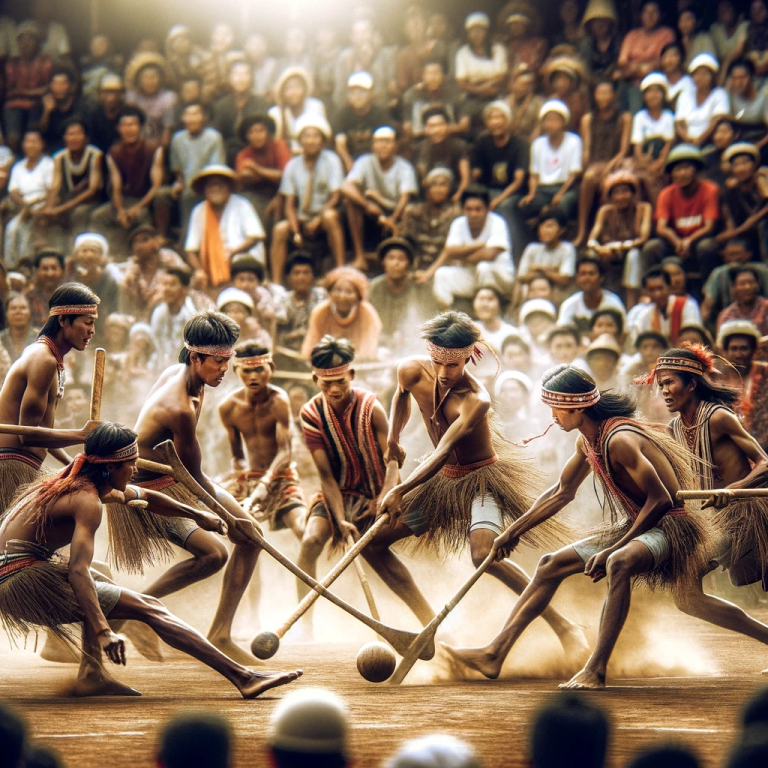Exploring Ancient God Games: A Journey Through Time and Mythology
In the realm of gaming and cultural storytelling, the concept of “ancient god games” manifests in two distinct forms. Historically, it refers to the traditional games played in ancient civilizations where gods played a central role. In the modern context, it relates to video games set in ancient times, weaving gods and mythology into their narrative and gameplay. This article delves into both interpretations, offering a comprehensive exploration of ancient god games from historical rituals to digital realms.
Historical Perspective on Ancient God Games
Ancient Civilizations and Their Divine Games
Ancient civilizations like Egypt, Greece, Rome, and Mesopotamia had rich religious and mythological traditions. Games in these societies were not just leisure activities but were often deeply intertwined with religious beliefs and practices. io games unblocked
Egyptian Senet and the Afterlife
In ancient Egypt, Senet was more than a game; it was a symbolic journey through the afterlife. The game’s progression mirrored the soul’s journey, making it a vital part of funerary rites.
Greek and Roman Ritualistic Competitions
The Greeks and Romans hosted games like the Olympics and gladiatorial contests in honor of their gods. These events were as much religious festivals as they were athletic competitions, with rituals and sacrifices integral to their proceedings.
Mesoamerican Ritual Ballgames
In Mesoamerica, ballgames had religious significance, often dedicated to deities and involving rituals that could include human sacrifice. These games symbolized cosmic battles and natural cycles.
The Cultural and Religious Impact
These games were reflections of the societies’ religious views and often served as mediums for enacting mythological narratives or pleasing deities.
Archaeological Insights
Game boards and pieces found in archaeological sites provide valuable insights into how these games were played and their significance in ancient societies.
Modern Video Games and Ancient Deities

The Allure of Mythology in Gaming
Modern video games often draw on ancient myths, bringing gods and mythical stories to life with stunning graphics and complex narratives.
Popular Titles
Games like “Age of Mythology,” “God of War,” and “Assassin’s Creed: Odyssey” offer immersive experiences in worlds where ancient gods and legends are central elements.
Gameplay Dynamics
These games typically feature gods as characters or elements that players can interact with or embody, often granting divine powers or setting quests that revolve around mythological events.
Balancing Fact and Fiction
Developers walk a fine line between historical accuracy and creative freedom, striving to present ancient myths in ways that are both authentic and engaging.
Cultural and Technological Impacts
These games influence how modern audiences perceive ancient myths. Advancements in technology allow for more realistic and engaging representations of these deities and their stories.
Conclusion
Ancient god games, whether physical games of the past or digital creations of the present, represent a fascinating intersection of history, culture, religion, and technology. They offer a unique window into how humans have perceived and interacted with the divine, from honoring gods in ancient rituals to reimagining mythologies in the digital age. As we continue to explore these themes, we not only entertain ourselves but also connect with the rich tapestry of human belief and imagination that has spanned centuries.







